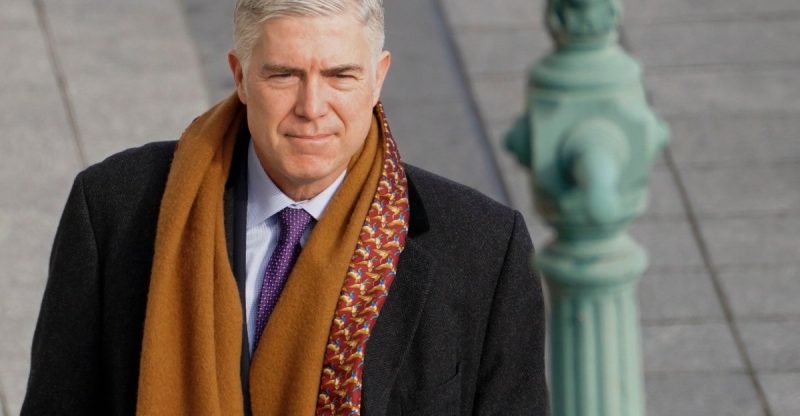
Eight years ago, a relatively unknown federal judge, Neil Gorsuch, auditioned for a Supreme Court seat. His staunch belief in a weaker executive branch, advocating for the overruling of *Chevron v. Natural Resources Defense Council* and the revival of the nondelegation doctrine, aligned perfectly with the then-emerging conservative legal agenda. This agenda, championed by groups like the Federalist Society, prioritized limiting the executive’s regulatory power. Gorsuch’s views, as detailed in David Kaplan’s 2018 book, proved instrumental in securing his appointment by President Trump.
Fast forward to the present, and Gorsuch’s vision seems to be unfolding. The Supreme Court, with Gorsuch’s participation, has overruled *Chevron*, and while the nondelegation doctrine remains dormant, the newly minted ‘major questions doctrine’ serves a similar purpose. This doctrine has been frequently used to strike down Biden administration policies, even those explicitly authorized by statute. This has drawn fierce criticism from Democrats, but ironically, it might offer a crucial check on the power of a potentially chaotic Trump administration.
The major questions doctrine, while seemingly designed to curb executive overreach, has been applied inconsistently. Its novelty and its exclusive use against the Biden administration raise questions about its impartiality. Justices’ explanations for the doctrine have been unconvincing, with Justice Barrett’s reliance on a babysitting parable drawing particular ridicule. However, the doctrine’s potential to dismantle Trump’s economically damaging tariffs is undeniable. The tariffs’ severe economic consequences, predicted to cost the average US household nearly $5,000, clearly meet the doctrine’s criteria of ‘vast economic and political significance’.
The question remains: will the Republican justices, including Gorsuch, prioritize their long-held beliefs about executive power over partisan loyalty to Trump? There are reasons for optimism. A significant number of Republican legal elites have openly opposed the tariffs, filing lawsuits and amicus briefs. Furthermore, Supreme Court justices, unlike elected officials, are not beholden to shifting party platforms. Their decisions often reflect the prevailing ideology at the time of their appointment. President Bush’s appointment of Chief Justice Roberts, for instance, exemplifies this principle; Roberts’ expansive view of presidential power in national security matters contrasts with his later decisions on domestic policy.
Therefore, it’s entirely plausible that at least some Republican justices will prioritize traditional conservative principles and their original views on executive power over supporting Trump’s policies. In doing so, they would not only dismantle the damaging tariffs but also solidify the judiciary’s authority over the executive branch for decades to come. This scenario presents Gorsuch and his like-minded colleagues with a unique opportunity: to become unlikely heroes, saving the American economy and democracy from the potential chaos of a leader seemingly unconcerned with the rule of law. Their choice will determine whether their legacy is one of partisan allegiance or principled defense of the Constitution.










